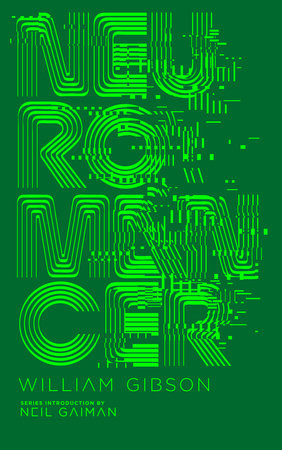An Enquiry Concerning Human Understanding and Other Writings, written by David Hume and edited by Stephen Buckle. The main work is Hume's revised contribution to empiricism and epistemology. It raises the issue of the problem of induction, and posits that we form beliefs about the world through custom and experience. One measure of its influence on future philosophy is that its groundbreaking observations now seem trite: three wordy chapters may be summarized as "correlation does not imply causation". One of my favorite parts is the first chapter about the two main strains of philosophy, natural and moral. The former is more difficult, but it is needed to improve the latter.
This book also contains letters and other essays by David Hume. Most memorable of these essays is Of Suicide, a defence of the rights of men to kill themselves. Suicide is not a crime against providence, it is no more morally objectionable than prolonging life. Most of the letters concern Hume's philosophical correspondence, but the last is about the American colonies. Specifically, why it would be wiser to just grant them independence and part as friends. Of course, this did not happen.


 So I figured I just should take a look. I found it was ok, fluently written. And it's free anyway
So I figured I just should take a look. I found it was ok, fluently written. And it's free anyway  I've read Noon's Vurt several times. It was first loaned to to me by a friend of mine who raved about it even tho he admitted he couldn't understand it. I helped him a lot by explaining to him about it's five main sentient races: humans, robots, shadow creatures, vurt creatures and dogs. Then they interbred. So robot + shadow = shadow cop, Robot + dog = robodog. He later loaned it to another friend, who responded with a two-word email: "Oooooooooooh, Vurt!'
I've read Noon's Vurt several times. It was first loaned to to me by a friend of mine who raved about it even tho he admitted he couldn't understand it. I helped him a lot by explaining to him about it's five main sentient races: humans, robots, shadow creatures, vurt creatures and dogs. Then they interbred. So robot + shadow = shadow cop, Robot + dog = robodog. He later loaned it to another friend, who responded with a two-word email: "Oooooooooooh, Vurt!' 




